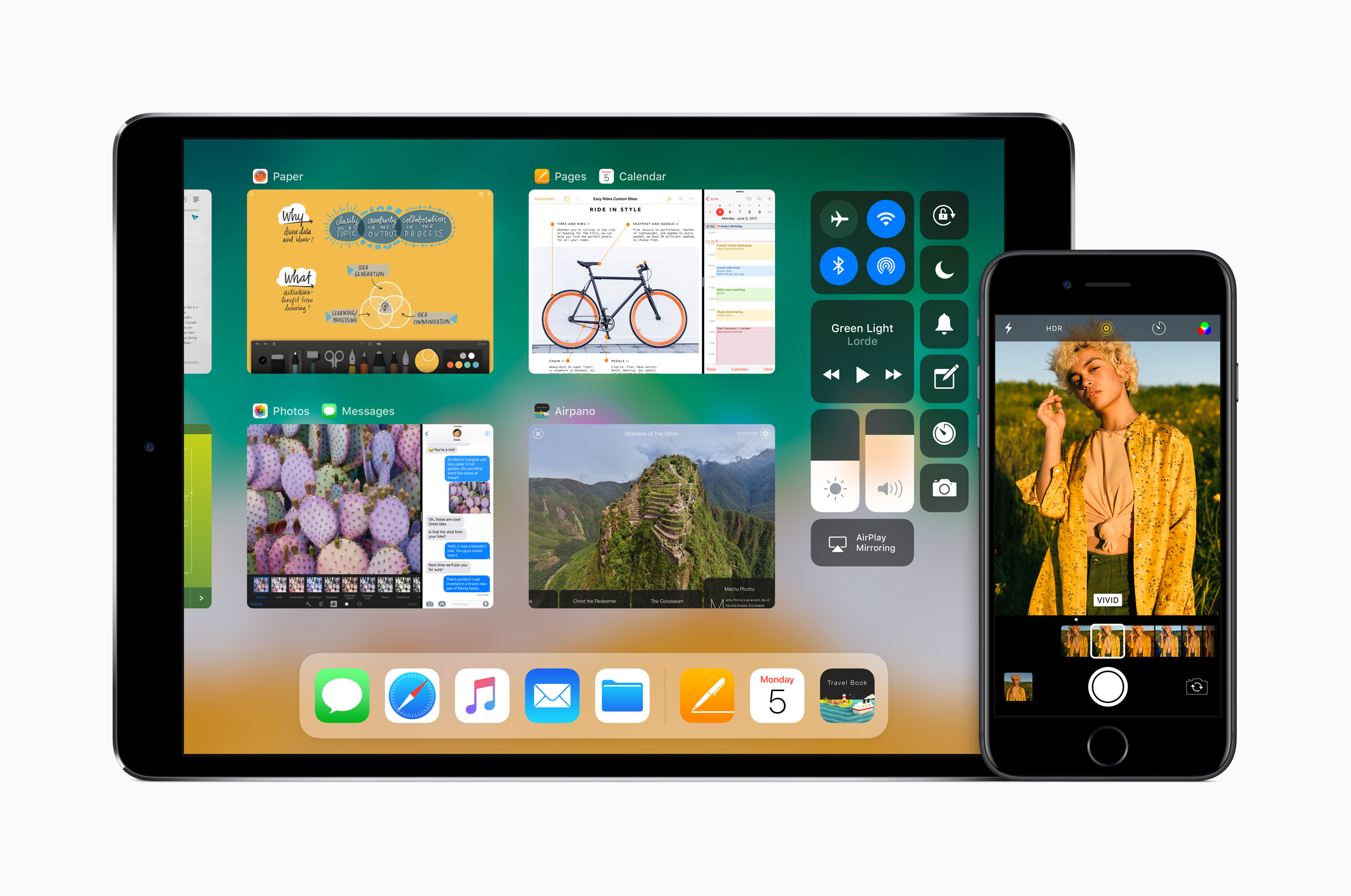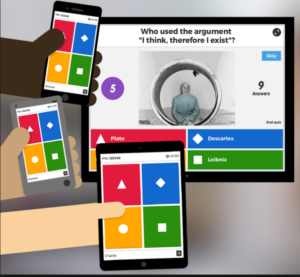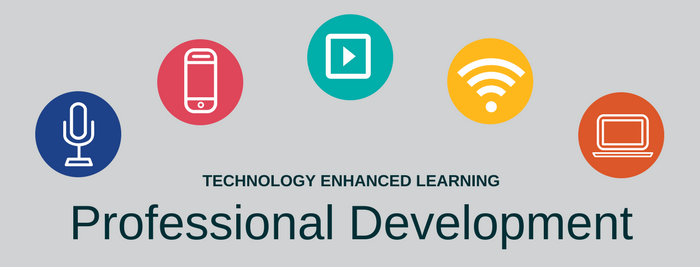Last year Professor Liz James (Art History) received a Digital Practice Award. The purpose of the funding was to give staff the opportunity to develop or experiment with new tools, resources or teaching approaches with the potential to inform practice in their School or disciplinary area.
Recently I interviewed Liz to find out how her project went.
What was the learning or teaching issue that prompted this innovation?
The project was a response to an issue raised by a student on the Art and the City module which covers the whole history of Rome. Lectures are chronological, but as Liz points out, ‘something like the Forum might have significance across different periods’ so keeping the different elements from the lectures ‘in order’ and understanding how it all fitted together can be difficult. The student asked: ‘Could we have a timeline?’
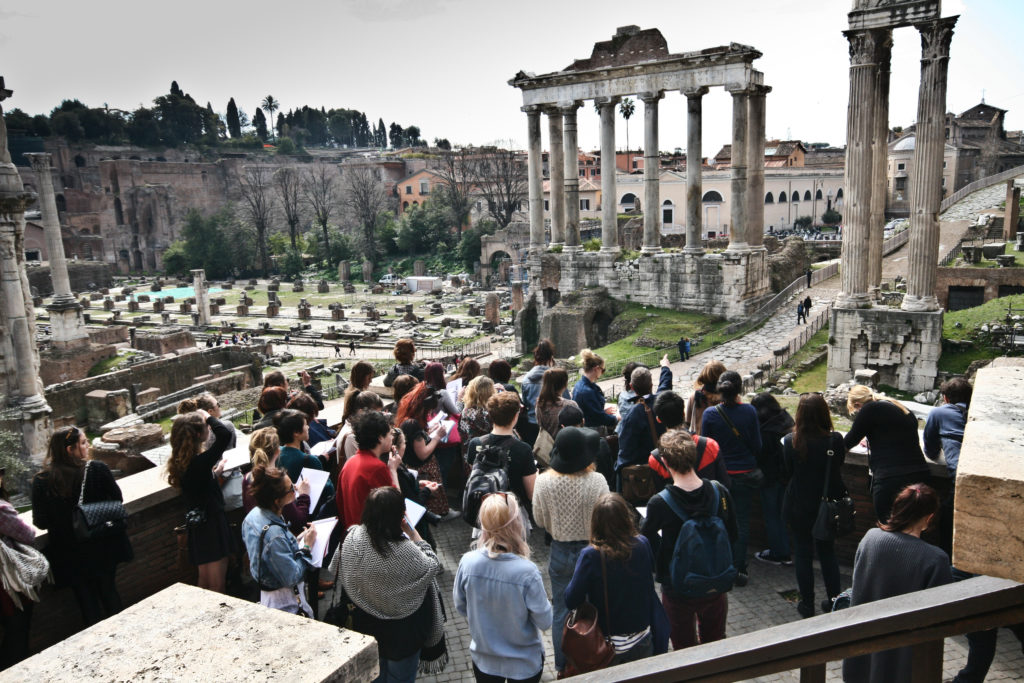
The Forum (image by Liz James)
Liz was keen:
‘It made an enormous amount of sense to have a timeline but it seemed stupid to do a paper timeline and it seemed stupid to do a timeline as a word document or anything like that. It seemed to make more sense to see if it was possible to do this electronically and create a timeline that could then sit on the Study Direct site and could be added to on a year-by-year basis.’
What did you do?
Along with the funding, came focused support from members of the Technology Enhanced Learning team who investigated commercially available timeline tools. After some discussion with students Sutori (formerly HSTRY) was selected for the project because:
‘It was something that seemed very simple and straightforward that could be rolled-over year-on-year and could be added to very straightforwardly by the students.’
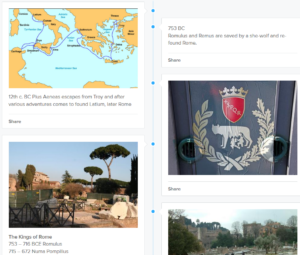
extract from the Rome timeline
You can read more about Sutori in our post ‘Tell a story with Sutori’.
How did the project go?
The innovation went pretty well. There was a technical issue with Sutori when trying to register all the students to use the timeline, but it seems that may now have been resolved. This year we will try signing up all the students in a workshop to enable any issues to be quickly identified. Once they got started, though:
‘the idea of an electronic timeline was successful and the students liked it and the additions that they made to it were very good and very helpful …. Feedback from students was that it was useful.’
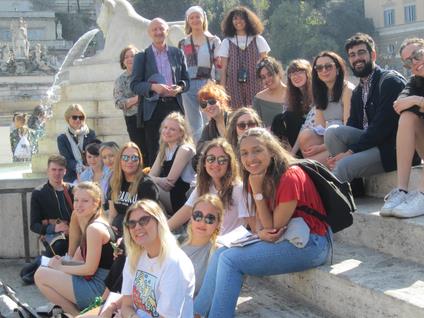
Class visit to Rome 2017
What next?
We wondered where Liz and her students would like to take their timeline for the future.
‘In terms of what it delivers the Sutori timeline is pretty decent, but what we would ideally like to do is to generate linked timelines. What we’ve got is a timeline of the history of Rome from Romulus and Remus (or not) to the present. What might also be interesting to do is generate a timeline that is the history of The Forum running through, or a particular artist and how that intersects.’
This is not something that can be done with Sutori in quite the way that Liz envisages it, but it is possible to add all sorts of web links to a Sutori story, so a ‘Forum’ timeline could be included in the ‘Rome’ timeline offering a point at which the story could branch out.
Meanwhile, Liz will be using Sutori timelines with other courses she teaches, and colleagues in Art History are interested in using it themselves.
This was a very simple and straightforward project, but ‘it’s one of those simple ideas that actually can make a great difference to the student learning experience’.
Throughout, the emphasis was on students using the timeline, ‘putting things on the timeline that they think are important or are worth noting … not about the lecturers and tutors putting all the things on the timeline that they think should be there.’
The timeline will grow over the next few years, and will then become ‘a record of student interests and places that students go to – and that’s not always the same year on year’ so Liz is expecting its development to be fun.
If you are teaching at the University of Sussex and would like help with using technology in your teaching you can get help from the Technology Enhanced Learning team by emailing tel@sussex.ac.uk
